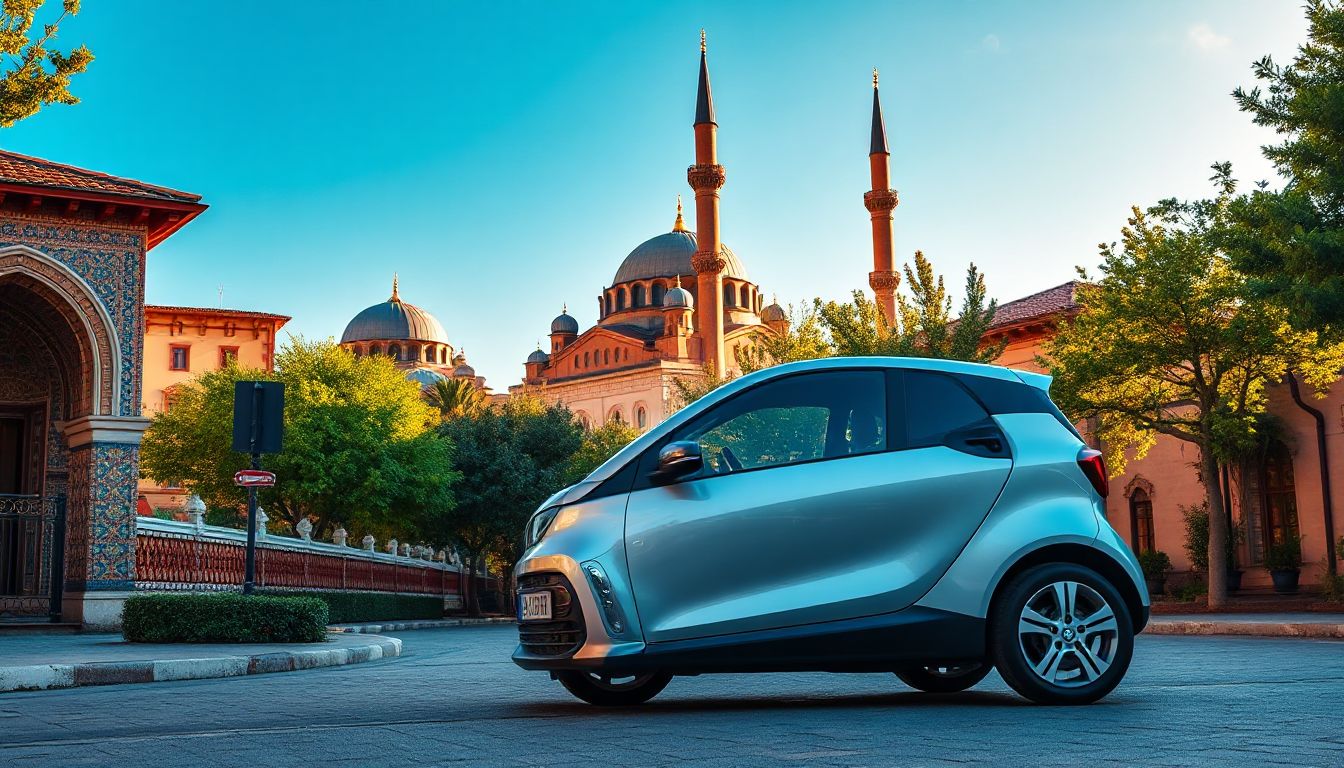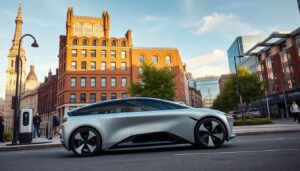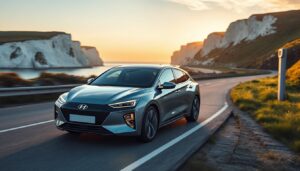Introduction
Electric vehicles are sweeping the world, and Turkey is no exception. As cities grow busier, more people want clean, efficient ways to get around. Small electric cars fit perfectly into this picture—they’re easy to park, cheap to run, and good for the environment. Governments in Turkey are pushing policies that make adopting EVs easier. This shift toward electric mobility promises a cleaner, more convenient future for Turkish urban life.
The Turkish Market for Small Electric Cars
Market Overview and Growth Potential
Right now, small electric cars make up a tiny slice of Turkey’s auto market, but that is changing fast. Recent sales data shows an annual increase of about 20% in EV imports and registrations. Experts believe this trend will continue, with more than 150,000 electric vehicles expected on Turkish roads by 2028. These small EVs are becoming smarter choices for city drivers who want to do their part for the planet.
Consumer Demographics and Preferences
Most buyers of small electric cars in Turkey tend to be young city residents, urban professionals, or eco-minded individuals. They look for vehicles with a good balance of price, performance, and charging options. Many want a car that can cover short daily trips without breaking the bank. Range is important, but so is affordability and easy access to charging stations.
Major Players and Available Models
Several brands, both local and international, now offer small electric cars in Turkey. Popular choices include:
- Renault Twizy
- Fiat 500 Electric
- Smart EQ ForTwo
Each one comes with its own set of features, price points, and charging speeds. Automakers are tailoring models to fit Turkish consumers’ needs by offering affordable prices and appealing designs.
Charging Infrastructure and Energy Ecosystem in Turkey
Current Charging Network and Accessibility
Turkey’s cities are expanding their charging stations, especially in Istanbul, Ankara, and Izmir. There are now over 3,000 public chargers, with many placed near shopping malls, parking lots, and city centers. Most homes can also install a private charger—the process is straightforward if you have a dedicated parking space.
Government Policies and Incentives
Turkish officials offer incentives to encourage electric car use. These include reduced vehicle registration taxes, grants for installing home chargers, and discounts on certain electric models. Plans are also underway to build more fast-charging stations along highways, making long trips more doable. The government aims for 20,000 chargers nationwide by 2030 and wants a big share of energy from renewables to power these stations.
Challenges and Opportunities
Despite progress, infrastructure gaps still exist—especially outside major cities. Better collaboration between local authorities and private companies can speed up deployment. Also, charging with renewable energy sources can make the process even greener.
Benefits of Small Electric Cars for Turkish Consumers
Environmental Impact
Switching to small EVs cuts down carbon emissions significantly. Compared to traditional cars, electric models produce zero tailpipe pollution. This helps Turkey meet its climate goals and keeps cities cleaner.
Economic Advantages
Electric cars can save drivers hundreds of dollars each year on fuel and repairs. They require less maintenance since they have fewer moving parts. Plus, government incentives further cut the total cost of ownership.
Urban and Practical Benefits
Parking in crowded Turkish city centers becomes easier with small electric cars—they squeeze into tight spots better than larger vehicles. They’re perfect for short commutes, groceries, or quick errands. A small EV can be your city bike that happens to run on electricity.
Barriers to Adoption and How to Overcome Them
Price and Affordability
Many small electric cars still cost more than traditional compact vehicles. However, leasing and financing options are becoming more available, making ownership more accessible.
Range Anxiety and Performance
Some worry about running out of battery on longer trips. Luckily, newer models now offer bigger batteries, allowing 150-200 km per charge, enough for most daily needs. Fast-charging technology also helps top up quickly.
Awareness and Consumer Perceptions
Misunderstandings about electric cars persist. People think EVs are costly, unreliable, or hard to maintain. Increasing public awareness through campaigns and test-drives can change perceptions and boost confidence.
Case Studies and Real-World Examples
Some Turkish cities are already using small electric cars to cut pollution. For instance, Izmir launched an electric bike and scooter program, and some local businesses now use small EVs for deliveries. Early adopters praise how these cars make their daily routines easier and cheaper. Collaborations between government agencies and carmakers are also pushing EVs further into the market.
Actionable Tips for Consumers Interested in Small Electric Cars
- Think about your daily needs before choosing a model. Do you need a longer range or just short trips?
- Installing a home charger is simple—call a local electrician, and soon you’ll be charging overnight.
- Check out government programs that can help cover the cost of buying or charging your EV.
- Join local EV clubs or forums to stay informed about new models and charging spots.
Conclusion
Small electric cars are set to reshape urban mobility in Turkey. They serve as a practical, affordable, and green way to get around the city. While challenges exist, ongoing investments and supportive policies will make EV ownership easier for more people. Embracing electric mobility means cleaner city air, lower costs, and a healthier future. Now is the perfect time to consider how a small electric car could fit into your life—and help create a greener Turkey.




